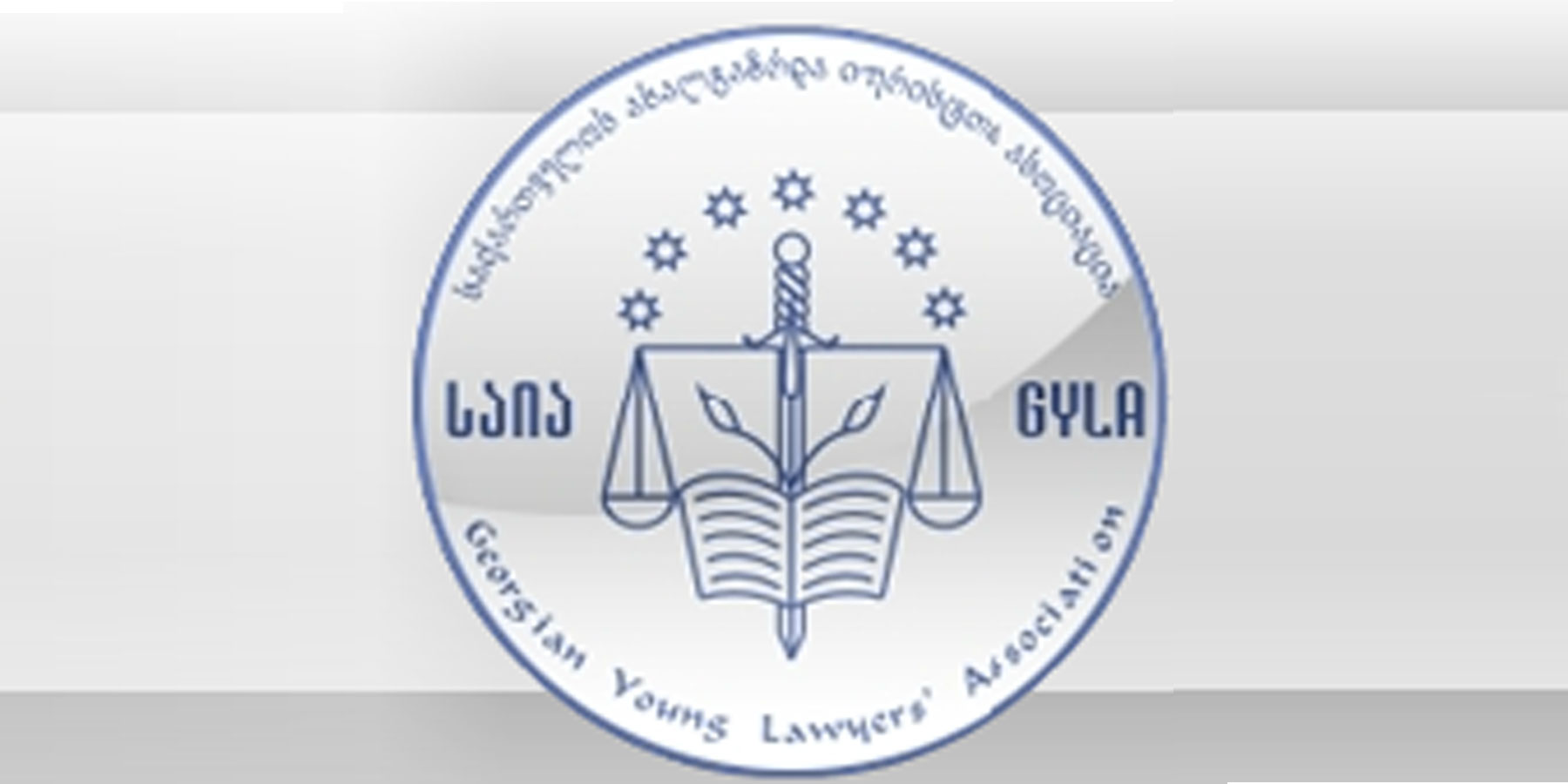GYLA’s Statement in Response to Patriarch’s Christmas Epistle and Violence against Peaceful Protesters
January 14, 2014

On December 9, 2014, Tbilisi City Court found four individuals guilty of crime envisaged by Article 166 of the Code of Administrative Offences of Georgia (petty hooliganism) for the involvement in the incindent outside the Patriarchy. On January 8 participants of peaceful demonstration outside the Patriarchy protesting against opinions voiced in the Christmas epistle were subjected by counter-demonstrators to physical and verbal abuse, seizing and destroying their posters, curtailing realization of their Constitutional rights and liberties.
Even though actions of these individuals are likely to contain criminal offence (e.g. illegal interference with realization of the right to manifestation, Article 161), the police qualified these actions as administrative violence. Court ordered three counter-demonstrators to pay GEL 100 in fine each and issued verbal reproof against the fourth.
With respect to the foregoing developments, we would like to clarify the following:
We found the statement in the Christmas epistle about children born through artificial insemination, the role of women and sexual minorities particularly interesting. For instance, the epistle reads:
How can a family, where a child born by a surrogate mother is raised, be happy. This little [child] is doomed to be deprived of love and is doomed to loneliness from the very beginning. Even if s/he grows up in prosperity, nothing can change this weight of prenatal period and this will inevitably manifest itself during adulthood.
Children born by artificial insemination who were brought into this world after destroying many embryos will also be problematic.”
And
„Hierarchy… should always be observed in a family… A woman is responsible for household, taking care of its members, bringing children up. She should obey to her husband in consideration of commandments of God, even if it may seem impossible to do so, because by doing so she will enforce God’s will (except for obedience in sin and wrongful actions)
Even though the foregoing statement is protected with the right to freedom of speech and expression, the European Court of Human Rights has explained whoever exercises his freedom of expression undertakes "duties and responsibilities" the scope of which depends on his situation and the technical means he uses. (CASE OF HANDYSIDE v. THE UNITED KINGDOM (Application no. 5493/72) 7 December 1976, para. 49)
In view of the authority and influence that Georgian Catholicons Patriarch has on Georgians, statements voiced in the Christmas epistle play special role in forming public opinion and therefore they carry a special responsibility. Part of the society that attaches particular importance to the position of the Patriarchy may view these statements as a justification to discriminate against children born through surrogacy and artificial insemination as well as their parents, to stigmatize and exclude them from the society. At the same time, medical workers involved in artificial insemination may also fall victims to stigma and violence.
Notably, in a country where domestic violence against women is a serious challenge, these statements may reinforce stereotypes about women’s role, encouraging and justifying violence against women sometimes, their oppression and marginalization.
We also believe that the state failed to act effectively or adequately to protect peaceful demonstrators on January 8.
The ECHR has noted that freedom of expression “is applicable not only to "information" or "ideas" that are favourably received or regarded as inoffensive or as a matter of indifference, but also to those that offend, shock or disturb the State or any sector of the population. (CASE OF HANDYSIDE v. THE UNITED KINGDOM (Application no. 5493/72) 7 December 1976, para. 49) Hence, freedom of speech in a democratic society means that both statements voiced in the epistle that are unacceptable to one sector of the population and subsequent peaceful criticism of the latter are protected (from violence).
We welcome the fact that that the police was at the scene of the incident and made it possible to continue the demonstration despite the attempts of counter-demonstrators. However, protection of assembly and manifestation also obligates law enforcement officers to anticipate threats and ensure physical separation of demonstrators and counter-demonstrators from each other in a timely manner, in order to avoid violence or any other type of violation. In the present case the police failed to perform these obligations.
Regrettably, these developments are a testament that only a certain sector of the society is able to realize Constitutional freedom of expression and the right to peaceful assembly while other representatives of the society are not protected against violence and abuse for expressing their opinions. In this light, it is of crucial importance that the state undertake immediate and effective response against the violence, assess it adequately and take fair and proportionate measures in response to the violation. Failing to take adequate further actions against the act of violation may encourage similar acts in the future and have an adverse impact on realization of freedom of speech and assembly.
News
December 13, 2023
Ethnic minorities outside the peace dialogue
November 6, 2023
‘Peace’ agenda of political parties
Popular
Articles
February 13, 2024



